3 Biggest Mistakes Restaurant Sellers Make
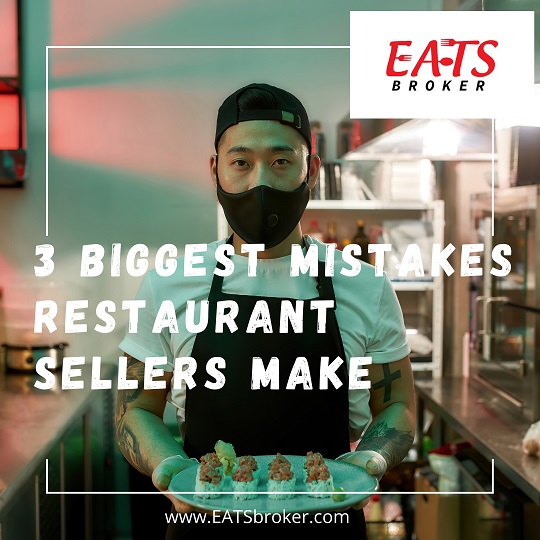
The biggest mistakes restaurant sellers make are simple issues that can be addressed before a restaurant is listed for sale. The mistakes are based on facts, books, and records and lack of understanding of selling a restaurant. Dallas Restaurant Broker Dominique Maddox says, “ the small details in the process to sell a restaurant make […]
How to Sell a Restaurant- Telling the story
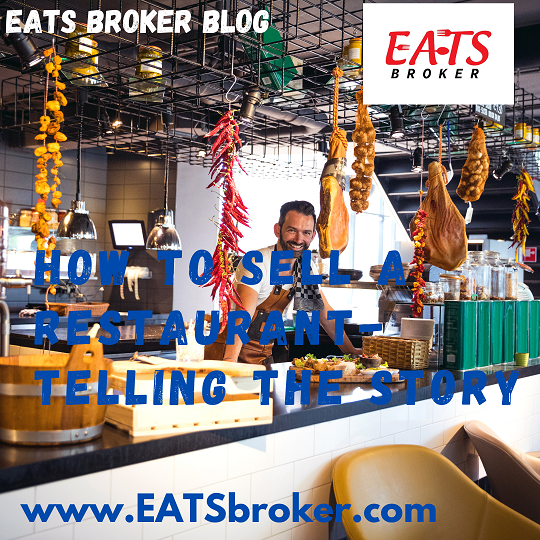
How to sell a restaurant in today’s market only months after the Covid-19 pandemic crippled the restaurant industry is a challenging task. EATS Broker understands selling a restaurant is just not about the tangible items or the goodwill. Buyers in today’s market want to know what the story is of the restaurant. How has covid […]
Dominique Maddox of EATS Broker sells Papa’s Pizza To Go Franchise
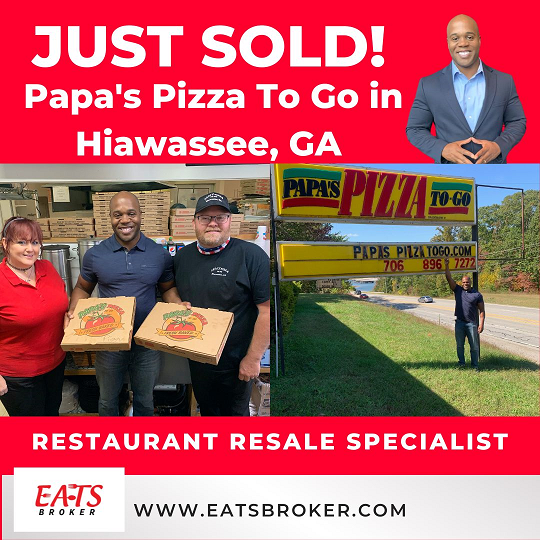
Dominique Maddox of EATS Broker sells Papa’s Pizza To Go located at 3064 US-76, Hiawassee, GA 30546. EATS Broker represented buyer and seller. The Gagnon’s were the sellers of the business, they plan to move to Florida to retire, after operating the business since 2009. The buyer ironically is moving from Florida to Hiawassee, Georgia. […]
What Should Your Business Broker know about your business?
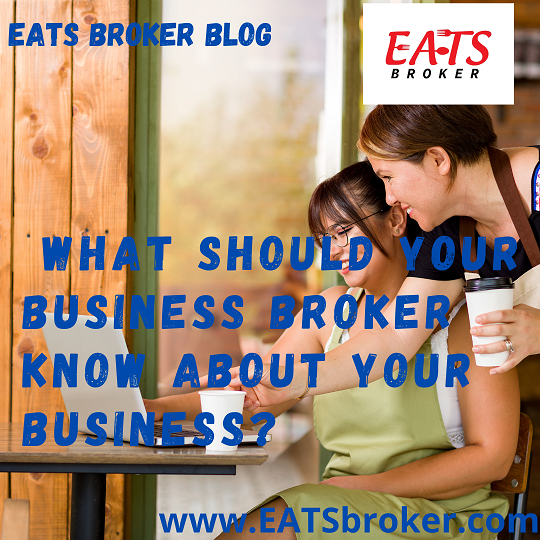
If you’ve reached the point where you’d like to sell your business, odds are you’ll want to engage a business broker to help you through the process. The relationship between a Business Broker and seller is a key element to getting a business or restaurant sold. As a seller, a broker can help you streamline […]
4 Reasons Why Fast-Casual Restaurants are Growing
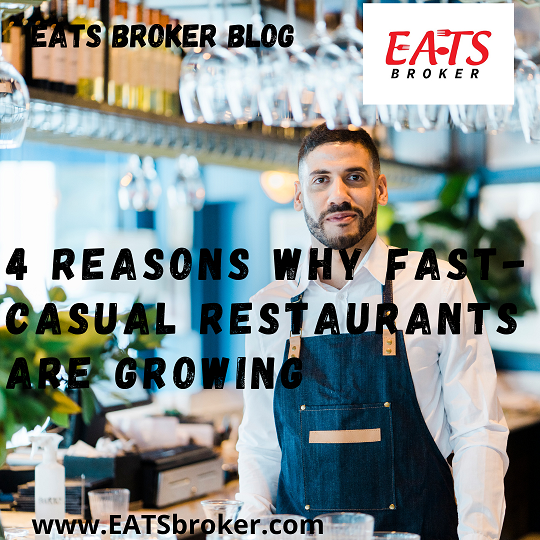
Reasons why Fast-Casual Restaurants are growing can be attributed to a number of factors. When you think of a Fast-Casual Restaurant what is the first thought that comes to your mind? Why are Fast-Casual Restaurants Growing? Most people have an idea but don’t know how a Fast-Casual Restaurant is defined. Ask a person to name […]
Should I Sell my Restaurant?
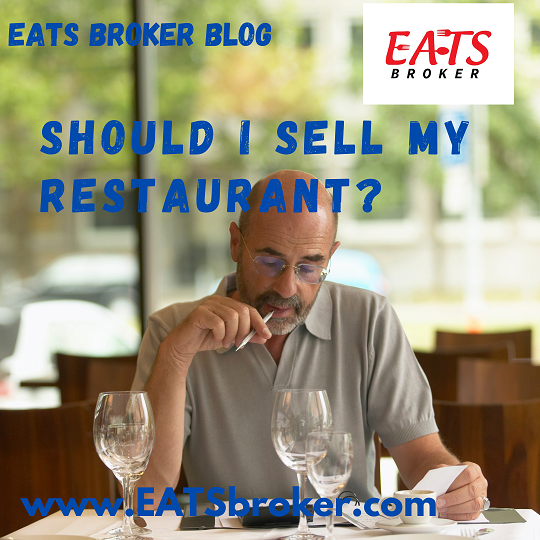
Every Restaurant Owner has asked the question to themselves, “Should I Sell My Restaurant” at one time or another. It takes a certain person and mindset to want to own a restaurant, and an even smaller set of people have an exit strategy to sell a restaurant when the time is needed. Restaurant Ownership is […]
5 Reason’s I can’t sell my Restaurant.
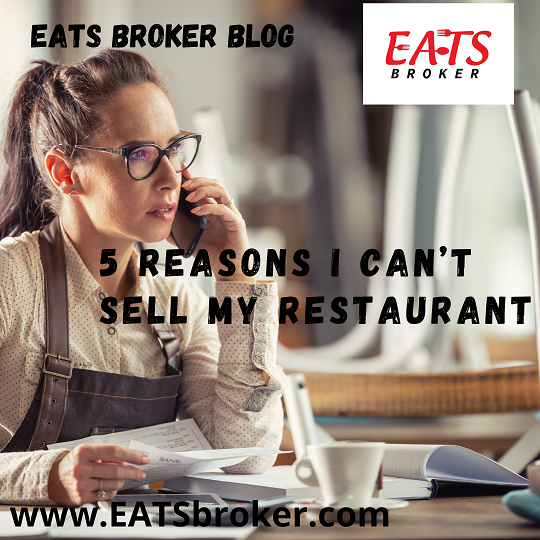
EATS Broker are involved with multiple Professional Organizations that are created to educate Restaurant Business Brokers. I recently attended a Georgia Association of Business Brokers Spring Conference. The topic that got my interest was the Difficulties Seller’s Encounter when trying to sell a business or restaurant. 80% of Business Owners don’t know the value of […]
What is a Restaurant Broker?
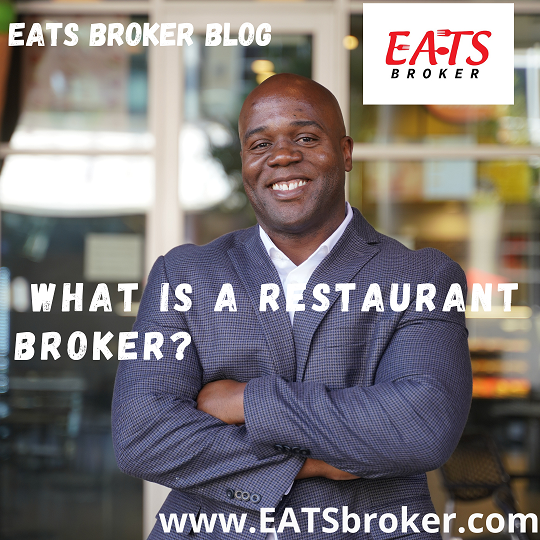
People ask me all the time What is a Restaurant Broker? Restaurant Brokers are specialists trained to facilitate a restaurant transaction between sellers and buyers. On a daily basis Restaurant Brokers are working with professionals in the Restaurant Industry. Some Restaurant Brokers know the financials of a business better than the restaurant owners due to […]

